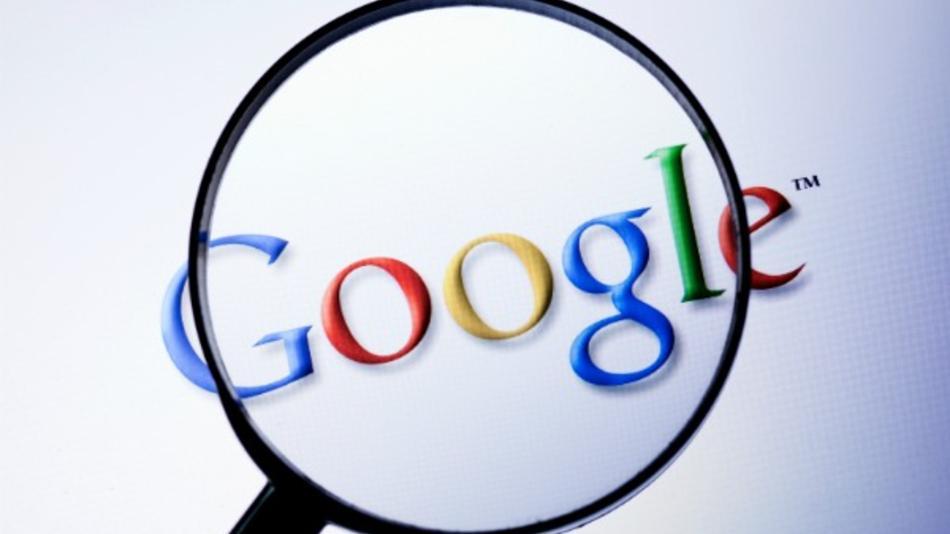
Google has always been at the forefront of innovation when it comes to search. Over the years, we’ve seen algorithm updates, AI-driven ranking models, and new indexing techniques that shape the way information appears online. Now, with its latest patent, Google is once again revolutionizing search — this time by connecting television viewing behavior and personal preferences with online search results.
Why This New Google Patent Matters
The core of Google’s new patent lies in analyzing user interests through multiple channels — not just traditional web browsing, but also media consumption like television programs. The idea is simple yet powerful: if you watch a particular show, advertisement, or event, Google can refine your search experience to display results more relevant to that interest.
For businesses, this means SEO consultants and digital marketers must prepare for a more hyper-personalized search landscape. Your website content must align not only with keywords but also with real-world user behaviors.
How Does Google’s Patent Work?
1. Integration of TV Signals
According to the patent, Google intends to leverage television signals and media patterns to fine-tune search results. For example, if a user watches a cooking show, their subsequent searches for “recipes” or “kitchen appliances” may prioritize content related to the show’s cuisine.
2. User Preferences & Behavior Tracking
By tracking preferences — like which programs are recorded, favorite channels, or skipped commercials — Google gains a clearer picture of a user’s interests. This data translates into more relevant search results and better ad targeting.
3. Enhanced Search Accuracy
This approach not only improves ranking mechanisms but also ensures users find precisely what they’re looking for faster. It’s a major step toward eliminating irrelevant or generic results.
Impact on SEO & Digital Marketing
As an SEO consultant in Pakistan and globally, I see this as both an opportunity and a challenge. Businesses that embrace personalized, user-centric content will thrive, while those sticking to old keyword-stuffing methods may struggle.
- Content Strategy: Brands must create content that connects with real-world behaviors, such as trending shows, live events, or seasonal interests.
- Ad Targeting: Ads will become even more specific, reducing wasted impressions and increasing ROI.
- User Experience: Websites must align with user expectations, offering fast-loading, highly relevant pages.
Practical Example of This Patent in Action
Imagine you’re watching a travel documentary about Portugal. Later, when you search “best places to visit,” Google might prioritize results related to Portuguese destinations. This makes the search more context-aware and aligned with your recent interests.
Future of Search: Beyond TV & Into AI
While this patent focuses on TV signals, the bigger picture is Google’s ambition to merge offline behavior with online search. As AI evolves, your searches may eventually be influenced by smart devices, IoT data, and even voice assistants that track conversations.
What This Means for Businesses
If you run a business, here’s what you should do today:
- Invest in SEO services that focus on user intent, not just keywords.
- Create multimedia content (videos, blogs, podcasts) that matches audience habits.
- Use Google Analytics and Google Ads insights to understand behavioral trends.
- Optimize for long-tail keywords connected to events, shows, and cultural trends.
FAQs About Google’s New Patent
Will this patent affect all Google searches?
Not immediately. It will likely roll out in phases, starting with regions where TV integration is easier. Over time, more users may notice personalized results influenced by media habits.
How can businesses prepare for this change?
Businesses should adapt their SEO strategies to include trending, user-focused content. Understanding audience behavior outside the digital world will be key.
Conclusion: The Future of SEO with Google Patents
Google’s new patent isn’t just about television — it’s about a future where search results reflect every aspect of user behavior. For marketers, businesses, and SEO professionals, this means adopting a holistic, human-centered approach to digital presence. The sooner you adapt, the better your chances of ranking high in this evolving landscape.
Ready to prepare your business for the future of SEO? Contact me today to discuss custom strategies and stay ahead of the competition.
